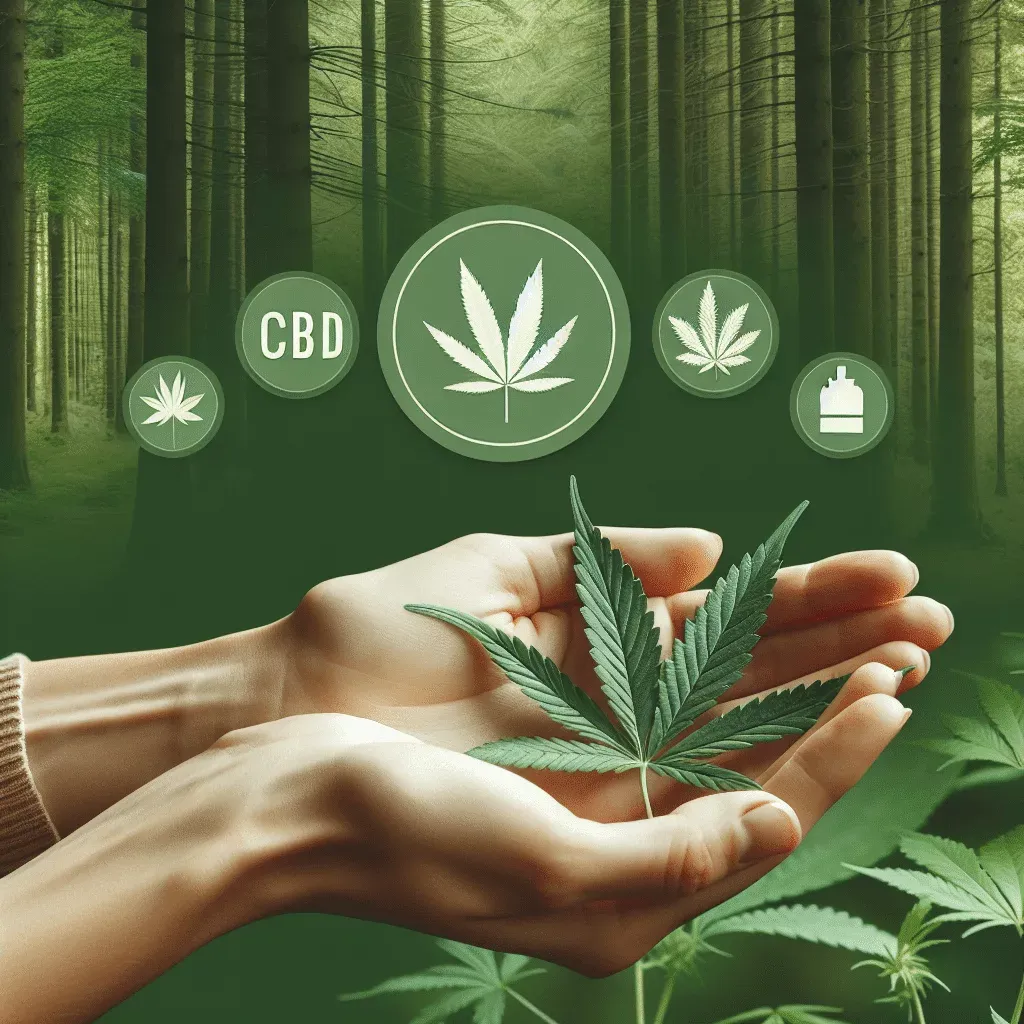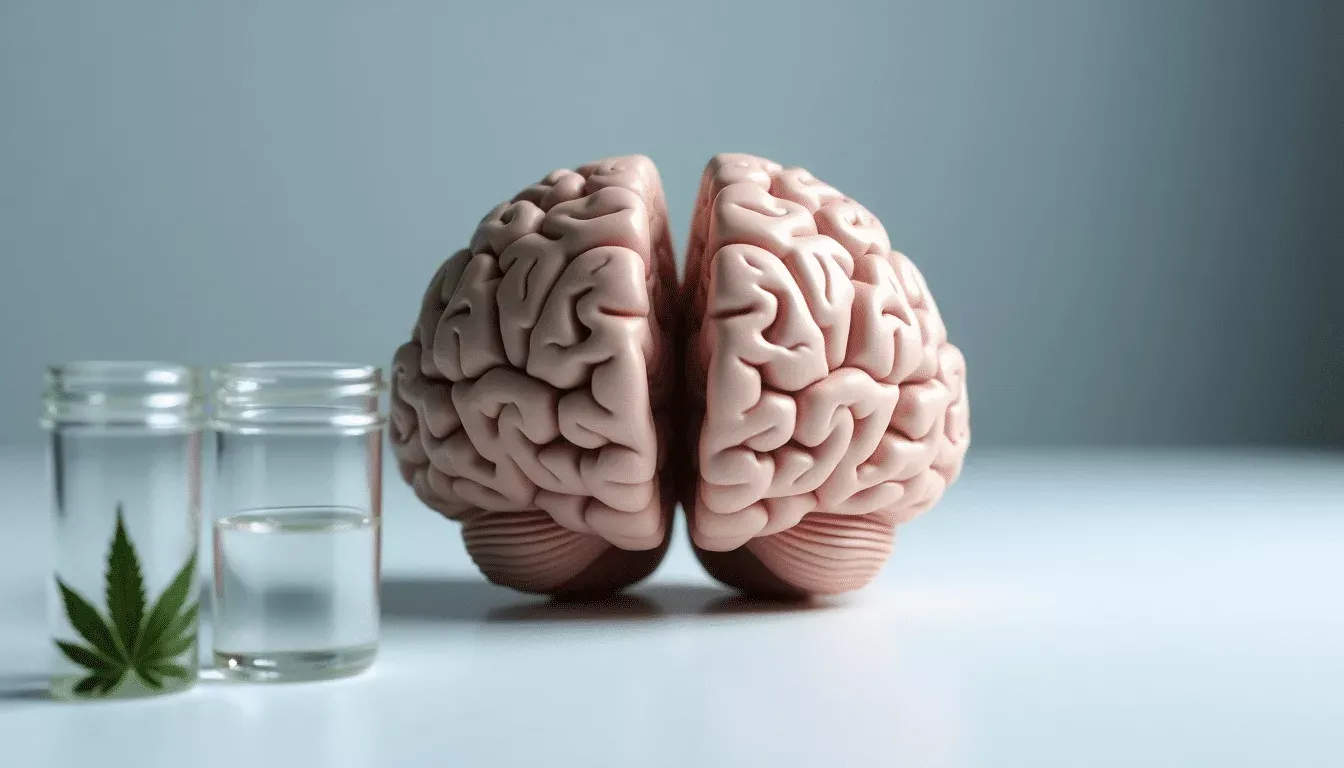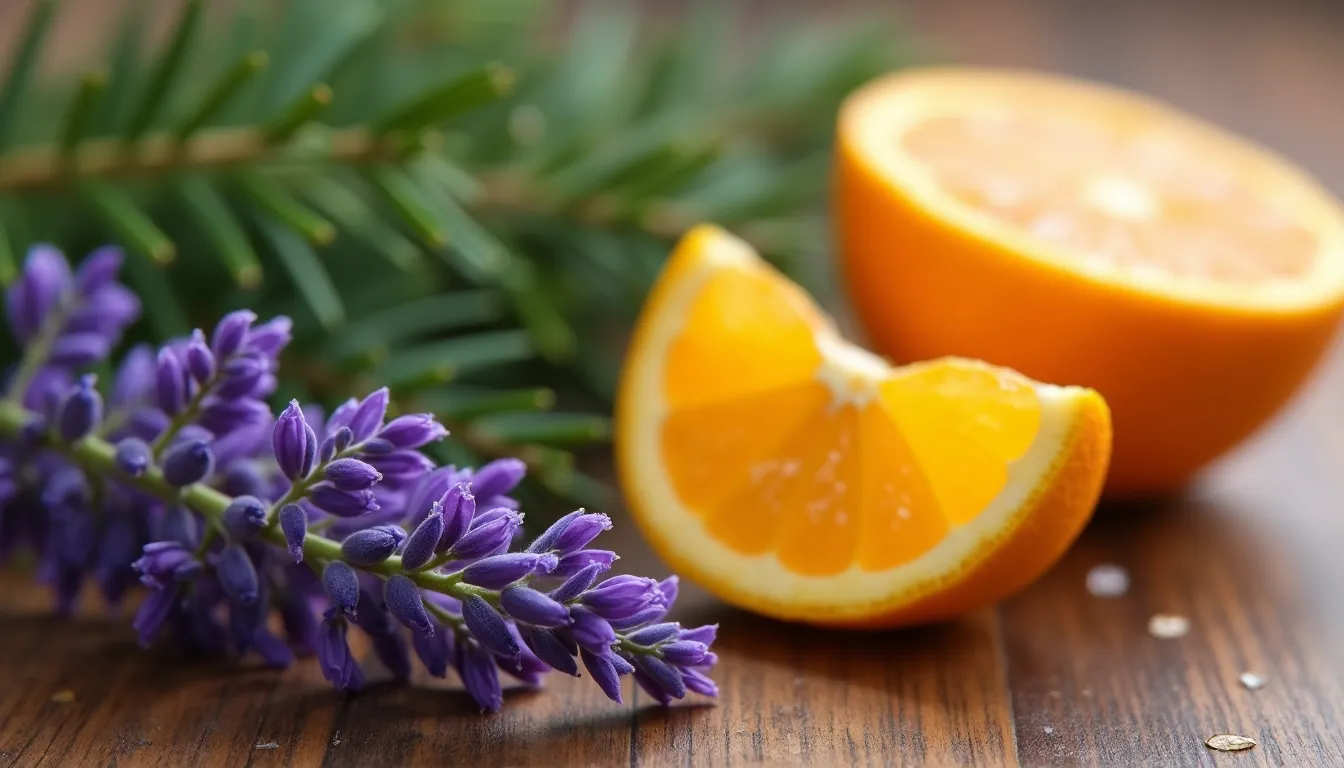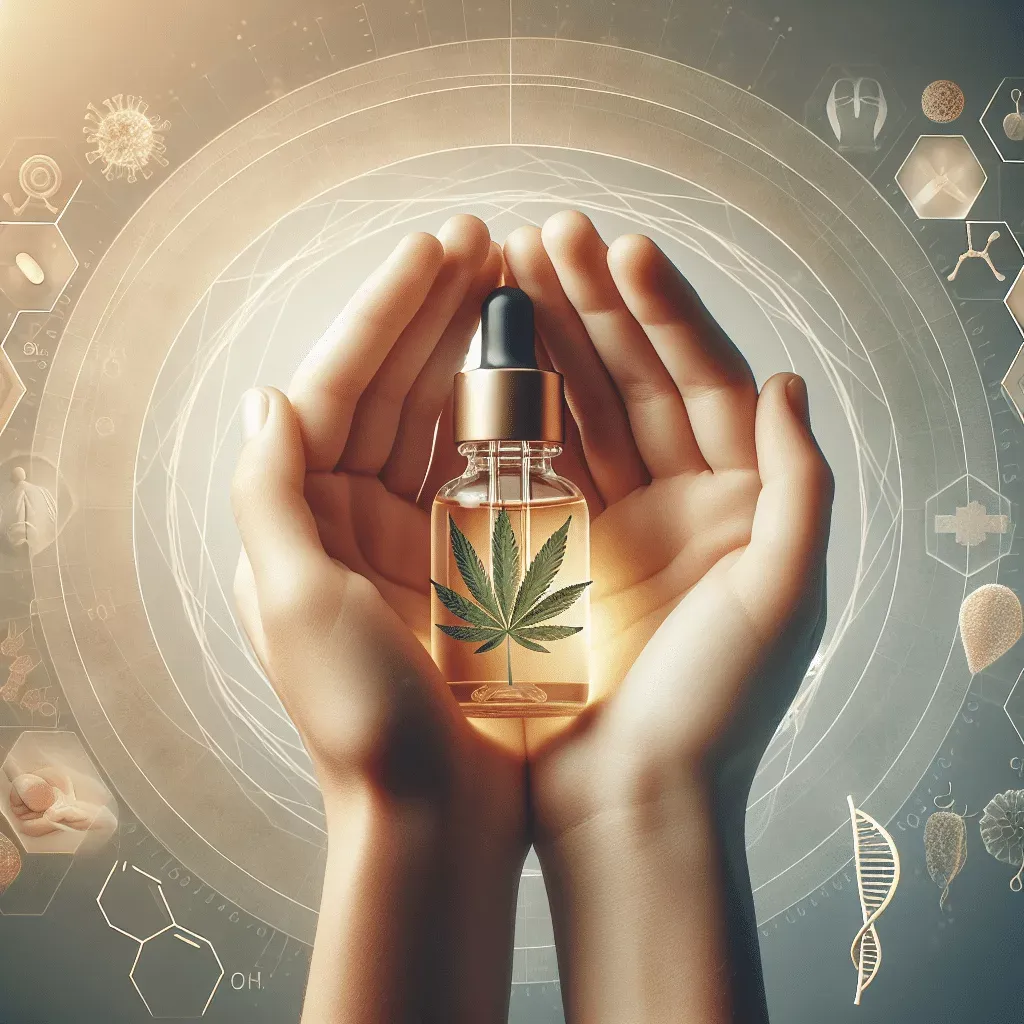What is CBD and how does CBD help with anxiety
In an era where mental health awareness is gaining traction, the search for effective remedies to alleviate anxiety is more critical than ever. One substance that has garnered significant attention is cannabidiol, or CBD. Often touted for its potential therapeutic benefits, CBD is being increasingly regarded as a natural remedy for anxiety. But what exactly is CBD, and how does it help those grappling with anxiety? In this article, we’ll explore the nature of CBD, its abilities to combat anxiety, and practical tips for using it safely and effectively.
Understanding CBD: The Basics
CBD is one of the many chemical compounds known as cannabinoids, found naturally in the cannabis plant. While it is often associated with marijuana, CBD is notably different from the psychoactive component, THC (tetrahydrocannabinol). Unlike THC, CBD does not produce a “high,” which makes it an appealing option for many individuals looking for relief without the intoxicating effects.
CBD interacts with the body’s endocannabinoid system (ECS), a complex network of receptors that helps regulate various physiological processes, including mood, pain sensation, and stress response. The ECS plays a crucial role in maintaining homeostasis or balance within the body. By influencing this system, CBD may offer therapeutic benefits for conditions like anxiety, depression, and chronic pain.
The Anxiety Connection: How CBD May Help
A growing body of research suggests that CBD can help manage anxiety symptoms. Studies indicate that CBD may have anxiolytic (anxiety-reducing) properties, primarily due to its interaction with serotonin receptors in the brain. Serotonin is a neurotransmitter that plays a critical role in mood regulation. By influencing serotonin levels, CBD may create a calming effect, thereby alleviating feelings of anxiety.
Research published in the journal Neurotherapeutics highlighted that CBD reduced anxiety in both animal models and humans. In clinical trials, participants using CBD reported lower anxiety levels, particularly in situations that typically induce stress, like public speaking.
One significant study found that 79% of individuals who experienced anxiety saw an improvement after taking CBD consistently for a month. These statistics demonstrate CBD’s potential as a feasible alternative for those who wish to avoid traditional pharmaceuticals, which often come with a slew of side effects.
Benefits and Risks of Using CBD for Anxiety
While the potential benefits of CBD for anxiety are promising, it’s essential to approach its use with a balanced perspective. Here are some key benefits and risks associated with using CBD:
Benefits:
- Natural Alternative: Many people prefer natural remedies for health issues over pharmaceuticals, and CBD is derived from plants.
- Minimal Side Effects: Studies indicate that CBD is generally well-tolerated, with few adverse effects reported. Common side effects may include mild fatigue or changes in appetite.
- Versatility: CBD is available in various forms, including oils, capsules, edibles, and topical applications, catering to diverse preferences.
Risks:
- Quality Concerns: The CBD market is largely unregulated, leading to potential inconsistencies in product quality. It’s vital to choose products from reputable companies that provide third-party lab testing results.
- Drug Interactions: CBD can interact with various medications, including those for anxiety and blood thinners. Always consult a healthcare professional before starting CBD, especially if you’re on other medications.
- Legal Ambiguities: While CBD derived from hemp containing less than 0.3% THC is federally legal in the U.S., state laws can vary. Always check local regulations before purchasing CBD products.
Tips for Using CBD to Manage Anxiety
If you’re considering incorporating CBD into your anxiety management plan, here are some practical tips:
- Start Slow: If you’re new to CBD, begin with a low dose and gradually increase it until you find the optimal amount that works for you. Everyone’s body reacts differently, so it may take some time to find what suits you best.
- Choose Quality Products: Look for brands that use high-quality hemp and provide transparency regarding their extraction methods and ingredient sourcing. Consumer reviews and third-party lab results can be helpful tools in determining product quality.
- Consult a Professional: Seeking advice from a healthcare provider experienced in CBD use can provide tailored recommendations and ensure it doesn’t interfere with any existing treatment plans.
- Consider Delivery Methods: Different forms of CBD (oils, edibles, topicals) can have varying onset times and effects. For immediate relief, inhalation methods (like vaping) may work faster, while edibles may provide longer-lasting effects.
Real-Life Testimonials
Hearing from those who have used CBD can offer insight into its potential effects. For example, Sarah, a 32-year-old graduate student, shared her experience of using CBD oil to manage her anxiety during exam season. “I used to feel completely overwhelmed before tests, but since starting CBD, I’ve noticed a significant reduction in my anxiety levels. I feel more focused and calm,” she elaborated. Many individuals like Sarah report similar results, showcasing the positive impact CBD can have on anxiety.
Conclusion: A New Path to Anxiety Management
As we continue to seek effective and natural alternatives for anxiety relief, CBD emerges as a promising option for many individuals. With its potential to modulate mood and provide relief without the psychoactive effects of THC, CBD stands out in the realm of mental health treatment.
While research is ongoing and further studies are needed to fully establish its efficacy and safety, many users have shared positive experiences in managing their anxiety with CBD. Always remember to consult a healthcare professional before beginning any new treatment, especially if you’re taking other medications. If you’re curious about CBD, consider exploring related articles or joining the conversation in the comments below. Your journey to understanding CBD and its benefits can lead to new insights in your mental health journey!
FAQ
What is CBD?
CBD, or cannabidiol, is a natural compound found in the cannabis plant. It is non-psychoactive and does not produce the “high” associated with THC.
How does CBD help with anxiety?
CBD may help reduce anxiety by interacting with neurotransmitters in the brain, particularly serotonin receptors, which can improve mood and promote a sense of calm.
Is CBD legal?
The legality of CBD varies by country and region. In many places, CBD derived from hemp is legal, while CBD from marijuana may have more restrictions.
Are there any side effects of using CBD for anxiety?
While CBD is generally well-tolerated, some users may experience side effects such as fatigue, changes in appetite, or diarrhea. It is advised to consult a healthcare professional before use.
How should I take CBD for anxiety?
CBD can be taken in various forms including oils, capsules, edibles, or topicals. The appropriate method and dosage often depend on individual preferences and needs.
Share this content:



